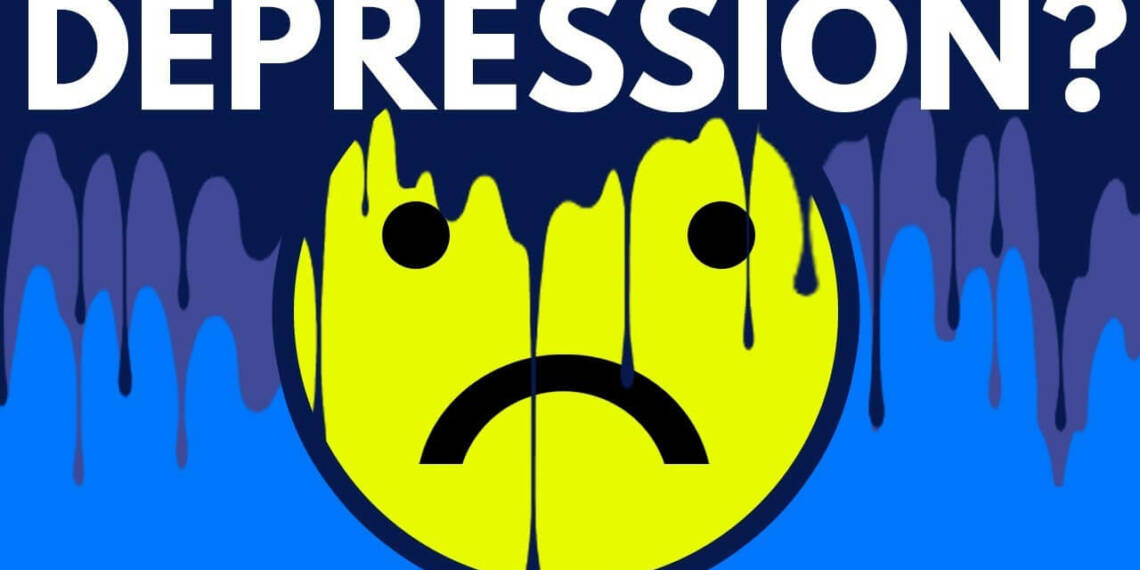How to Know if You Have Depression: Understanding Depression
It takes delicacy to pick up on the finer points of depression in the mysterious terrain of the mind. How to Know if You Have Depression sheds light on these enigmatic clouds by guiding the reader through the complex web of feelings and actions that frequently mask this complicated mental illness.
How to Know if You Have Depression
Depression is more than a day or two of sadness or melancholy. It’s as if a dark cloud follows you everywhere, obscuring your view of the bright side of things. Determining whether something you’re going through is a temporary phase or something more serious can be difficult at times. The following nine indicators about How to Know if You Have Depression may assist you in determining whether you are experiencing depression:
Lost Interest in Things You Used to Enjoy: Do you recall your favorite times painting or playing soccer? Should you find yourself losing interest in those activities, it may indicate that something is off.
Feeling Tired All the Time: Do you constantly feel weary, even after getting a decent night’s sleep? If getting out of bed seems like an uphill task, there may be a reason behind your tiredness.
Changes in Eating Habits: Do you eat significantly more than usual, or has the food lost its flavor? Significant fluctuations in your appetite, such as eating more or less, may be cause for concern.
Trouble Sleeping: If you find yourself struggling to fall asleep each night and unable to wake up feeling refreshed, it may be because your mind is racing with ideas that are keeping you awake.
Feeling Helpless or Hopeless: Do you frequently believe that nothing will ever improve and that there is no point in trying? This sense of powerlessness or hopelessness may indicate that you are experiencing depression.
Difficulty Concentrating: Do you have trouble focusing on your studies or even your favorite video game? There may be more going on than simple distractions if you feel like your mind is wandering constantly.
Isolating Yourself: Have you been spending more time alone lately and avoiding your friends and family? Even though everyone needs time alone, spending a lot of time alone yourself could indicate that you’re going through a difficult time.
Also Read: How to Develop Good Study Habits in College: Mastering the Academic Art
Feeling Worthless or Guilty: Do you frequently hold yourself responsible for events that are not your fault? If you find yourself doubting yourself all the time, depression may be whispering unfavorable ideas in your ear.
Thoughts of Hurting Yourself: Have you been considering injuring yourself or believing that you wouldn’t be as useful as you are in this world? These are very serious thoughts that indicate you should get help.
Recall that while exhibiting any of these symptoms does not indicate that you have depression per se, it could be a good idea to speak with a counselor or other trusted adult. They can assist you in solving problems and directing you toward any necessary support. Even in the most dire circumstances, there’s always a glimmer of hope to hold onto and you’re not alone.
Install our app for more news and daily updates: @tfiglobal








